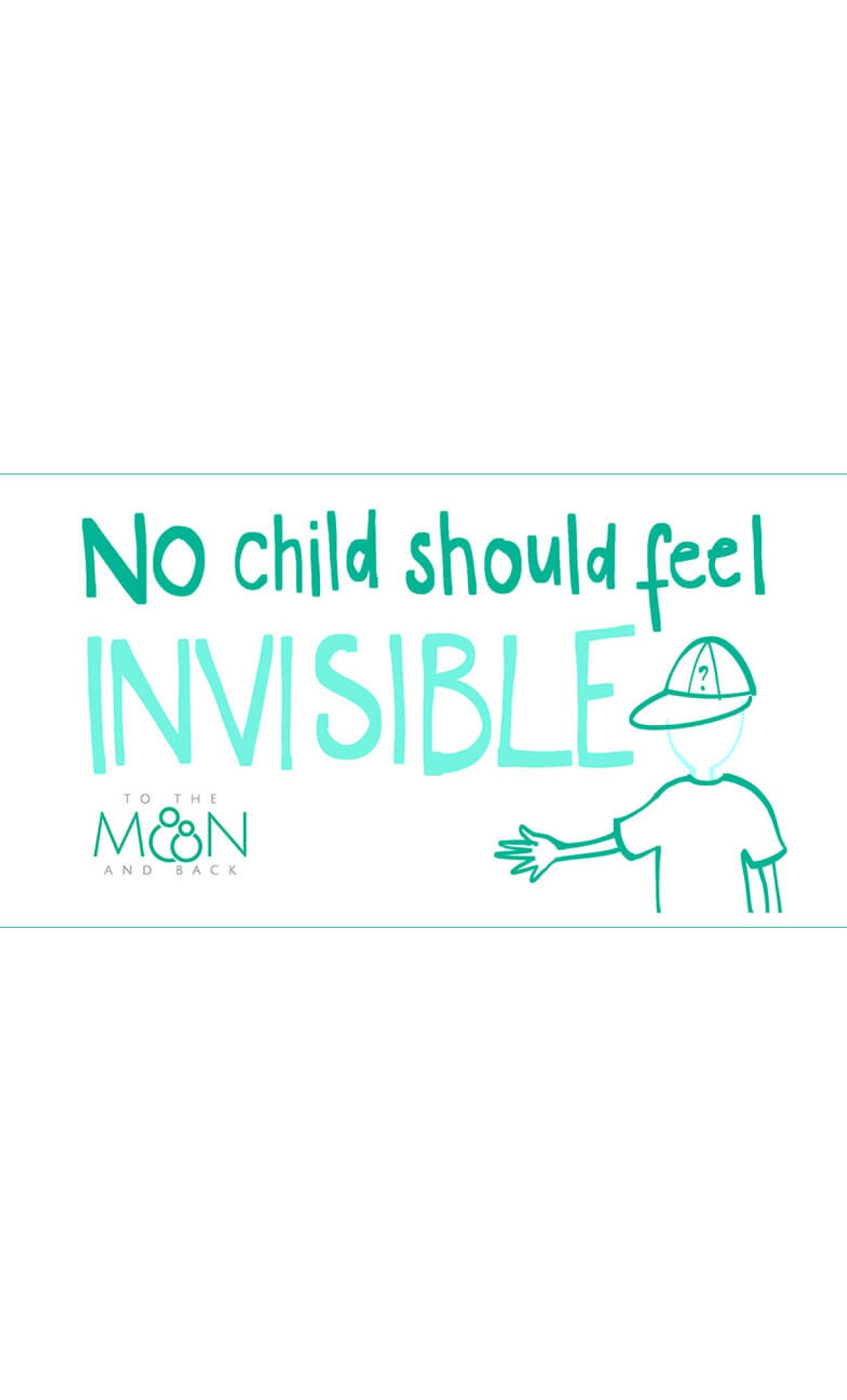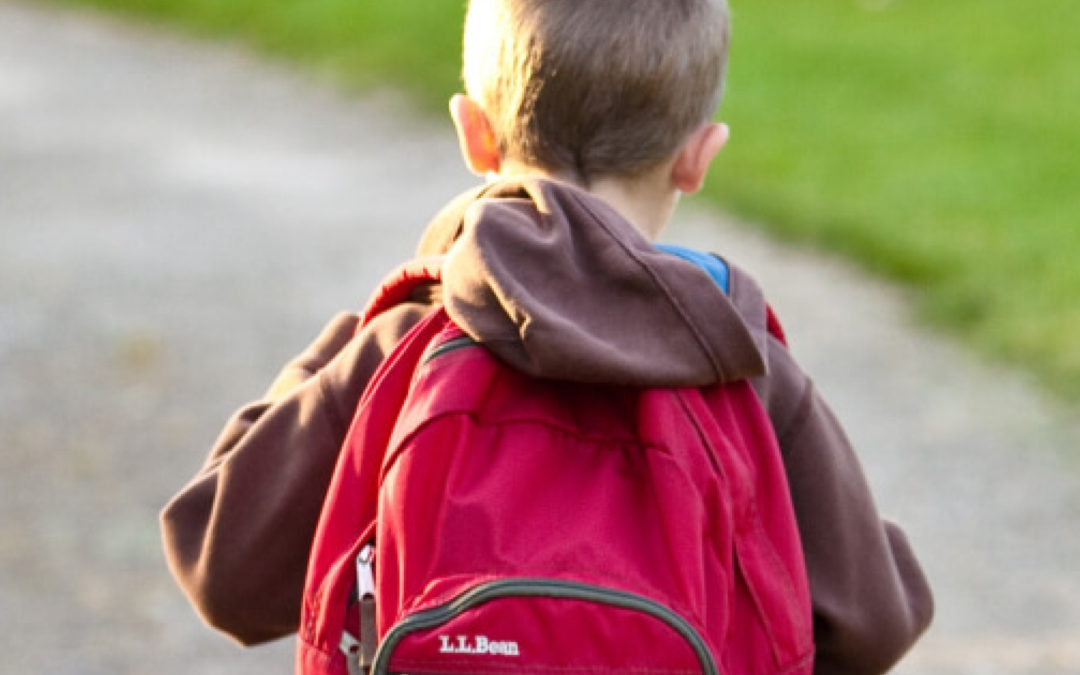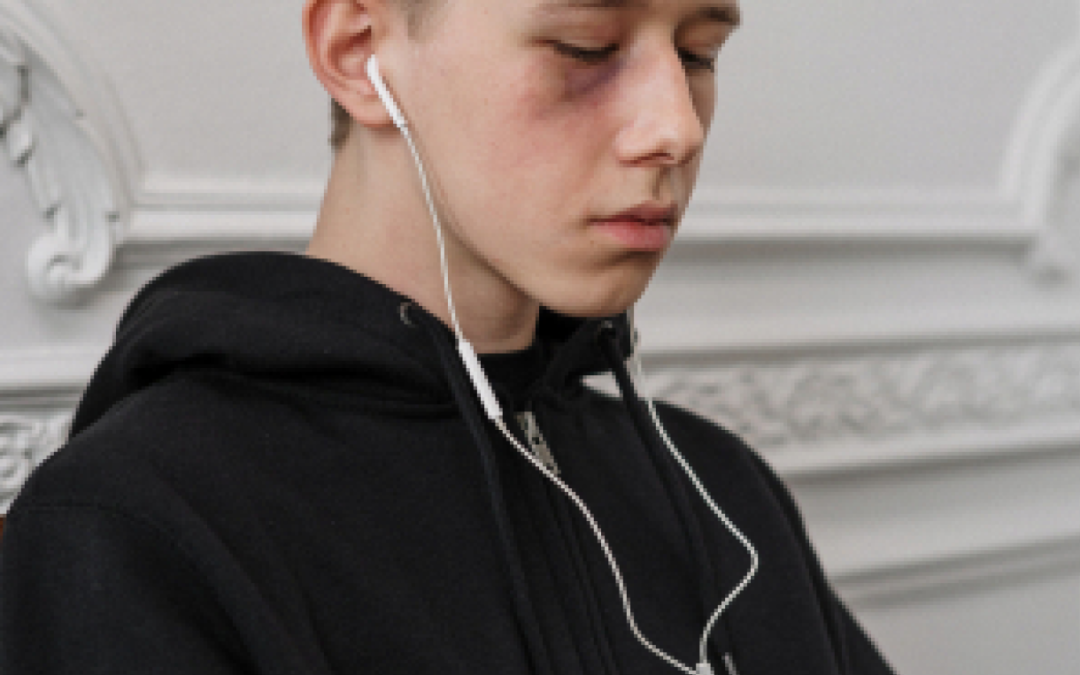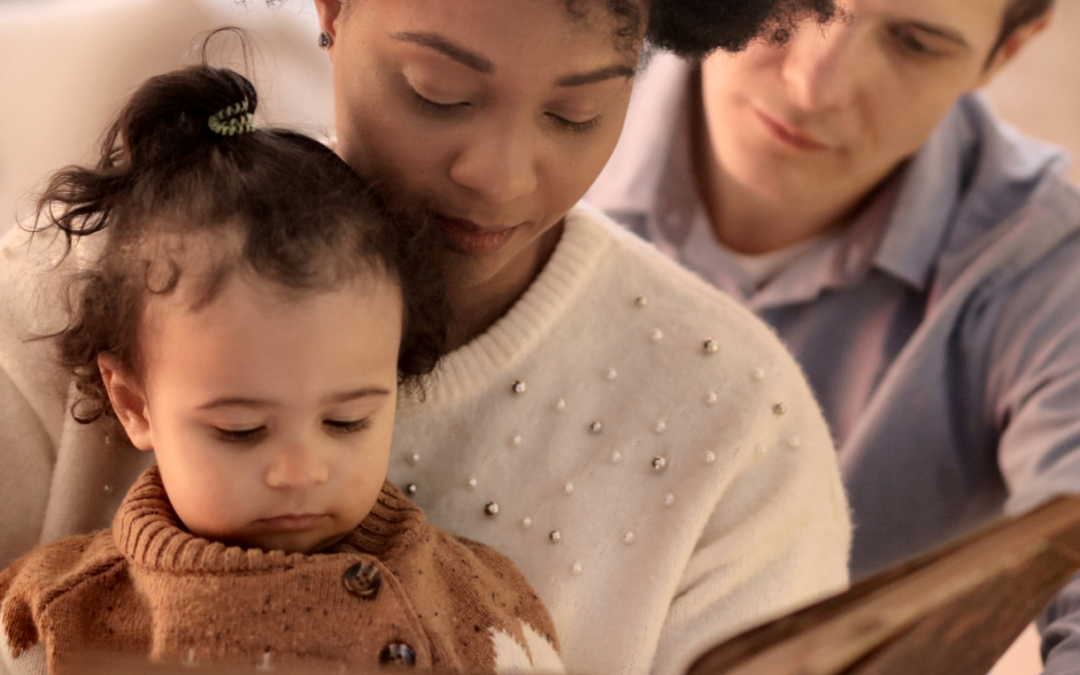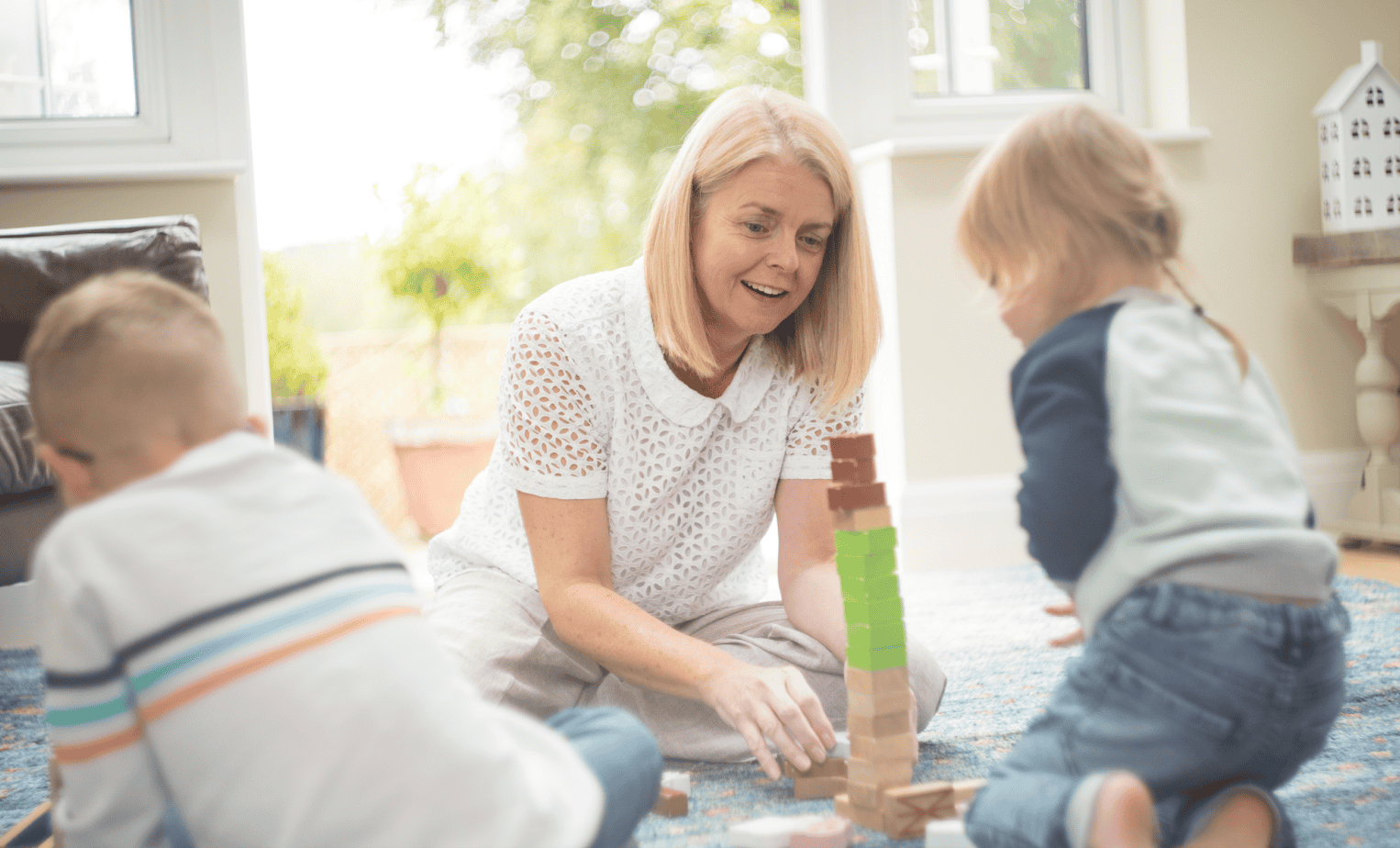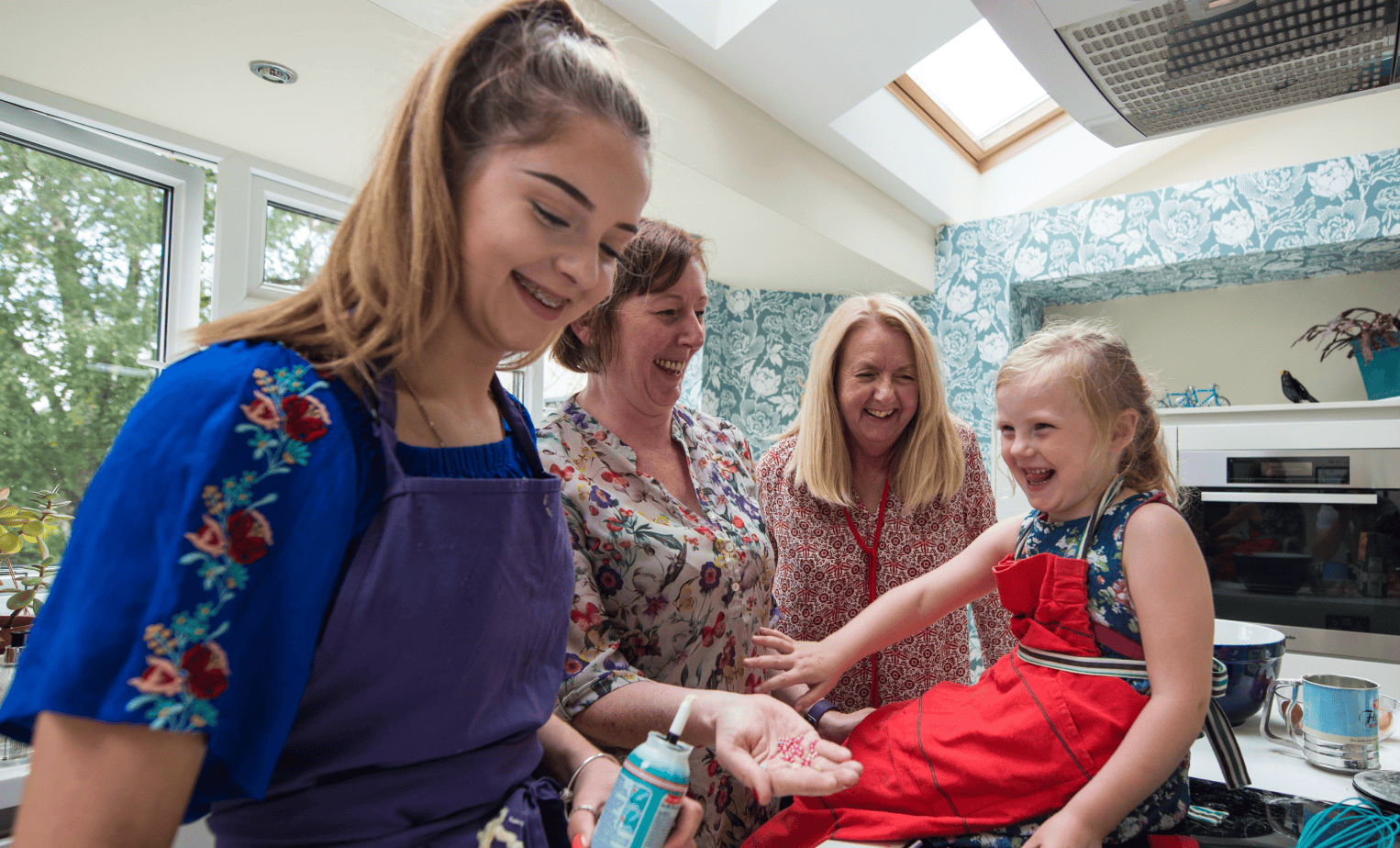We want to share with you some of the ways we support our young people who have been bullied and the foster carers who care for them. We also want to also ensure you have the information to proactively challenge the child’s school to take positive action to safeguard children if you ever feel that your child is being bullied.
Did you know:
45% of young people experience bullying before the age of 18. That is just under half of young people going to school.
More than 16,000 young people are absent from school due to bullying
Bullying is the main reason why children aged 11 years and under contact Childline
What is bullying?
Bullying is when individuals or groups seek to harm, intimidate or coerce someone who is perceived to be vulnerable (Oxford English Dictionary, 2018). This might be verbally, such as name calling, threatening, spreading gossip about a young person or telling other children to exclude them. It might become physical or it might be online through cyberbullying. What ever form the bullying takes it has an impact. Bullying can range in intensity and some children may appear to be resilient to the effects of bullying. However, many professionals working with children and young people see the impact potentially as harmful as the impact of trauma and abuse.
So what might you see in your child when they are being bullied?
We truly believe that parents and foster carers are the experts of their child. We could give you lists of what to look for, but our best advice is to look for what has changed in that young person. Most parents and foster carers become attuned to the child in their care and therefore know when something is wrong. You will probably notice small differences in your child or young person even if they tell you everything is ok.
Some of our families, with whom we work, care for children who are fearful of burdening adults with their huge worries or think by disclosing this that they might make things worse. Some children might be able to hide what is happening to them, for a little while. Therefore sometimes families may find out their child or foster child is being bullied when notified by someone else. It may take other children or parents who see or hear about the bullying to notify you. You might see something on a young person’s social media or see bruising if there is physical bullying. If this is the case, there is no shame in not having been told by the child. Children worry about the adults who care for them and want to protect them, some foster children believe that they deserve this and that bad things happen to them because they are bad. We know this not to be true, but children don’t always think in the same way we do.
So, what have we advised families to do?
Prevention is better than dealing with the aftermath
Keep the lines of communication open. Making time to really listen to children ensures that they know they can talk to you. We find this works well when partaking together in an activity, this might be a simple task of preparing a meal together, washing the dishes, playing games or just being together. Often when children don’t have to look directly at you, they may feel more comfortable about sharing their worries. Some of our families are creative, especially with opening lines of communication with children who have limited trust and might use ways to encourage leaving for children in special places or sending texts.
Helping children to feel confident and love life. Enabling the child to have a wide group of friends, both in and outside of school can add a protective layer around a child. The healthier relationships and opportunities a young person has, the lesser the impact on them of bullying. It also offers some safety in numbers.
Role modelling respect and kindness in front of your child and ensuring children are raised in environments where they see others doing the same is very good. Children need to be able to see what is healthy and what is unacceptable behaviour. Foster children often struggle with this, having had limited role models before coming into care.
Talk about issues like bullying in the home, ensure children and young people know that you disapprove of it without shaming the bully (it may be a child in your home who is part of a group who are picking on a child). Talk about strategies in general over discussions about managing bullying, for example, encouraging your child to begin with others in the playground and talking to trusted adults. This helps children have a sense that they can share their worries.
What about if children are being bullied?
One of the most important aspects is to truly listen to what is being said. It is easy to feel angry and be negative about the children doing this. The focus should be on the child talking about the bullying. They need to hear that this should not be happening to them and that this is not their fault.
Children and young people often feel powerless and helpless and so it is important that they feel heard and that they have some control of what happens next. It is easy to let your feelings of anger or injustice to affect your judgement and such lead to you taking a reactive approach to the school or challenge the child/parents. This may not be what the young person wants. Ask them what they would like done, often children can be scared it will get worse if a parent / foster carer gets involved.

Helping children and young people find some strategies that they can use if the bully starts on them again, can help, this may be about ignoring and walking away to find others they can be with, sometimes it is working on a confident stance or look, (this is not to say that it is the young person’s responsibility to deal with it or that they are the cause of the bullying in the first place. Helping children practice walking tall and proud rather than head down and scared can help with their self-confidence. Help them to practice how they can ask for help, whether this is seeking others in the playground to play with or telling a teacher.
It is not a good idea to encourage children to escalate the situation, whatever your own thoughts about what should happen to the children doing the bullying. It might be tempting to tell a child to hit the bully, but outside of him/her getting into trouble too it might inflame the situation.
Start keeping a diary of incidents, log what happened, who was involved, if there were any witnesses, this helps children feel like they have evidence and will be believed but also documents for the school the evidence they need to be able to address the issues. Make sure if there is bruising after an incident ensure that photos are included.
Every school has an Anti-Bullying policy, this should be accessible on the schools website. This gives a clear structure to how a school manages bullying. It can also be a document to hold the school to account over what is being done.
When talking with the school, it is really useful to make an appointment, rather than catching the teacher as children are coming in or going out. Making a formal space, ensures that they can see you are serious about the problem and its importance. It can highlight the need for action. Parents and foster carers have the right to escalate their concerns to the head teacher if they are not happy and then to the governors.
Be patient and see what has been done. Sometimes families can feel frustrated that nothing seems to be being done, however sometimes there is a lot going on behind the scenes that the school does not share due to the confidentiality policy. Make a follow-on appointment to see what has been achieved and share any further incidents. Do not be scared to keep on top of this. Also check if there are any repercussions on your child for this and highlight these in your documentary of evidence.
There is lots of great advice and help out there, you can link in to OFSTED if the school is not following policies or the Local authority education department.
You do have choices, it might not seem fair but you could ask for your child to change classes, you can involve the police if you feel the bullying constitutes assault and worst case you can make arrangements to change school if you feel that is required.
Look at the following websites, Kidscape or the Antibullying Alliance both of which have great resources for young people and include telephone helplines for you to get some help
The Advisory Centre For Education gives advice and has templates you can use to raise concerns or complaints.
We support our foster carers to consider their own wellbeing as well. It is hard caring for children who are experiencing difficulties, nobody likes sending a child in to school knowing they might be picked on. Think about your own support, talk with friends, take some time out and feel confident that you are doing the best you can.
We hope we might have inspired you by our work, if you are interested in finding out more about us check out our website for more resources.
Useful resources:
